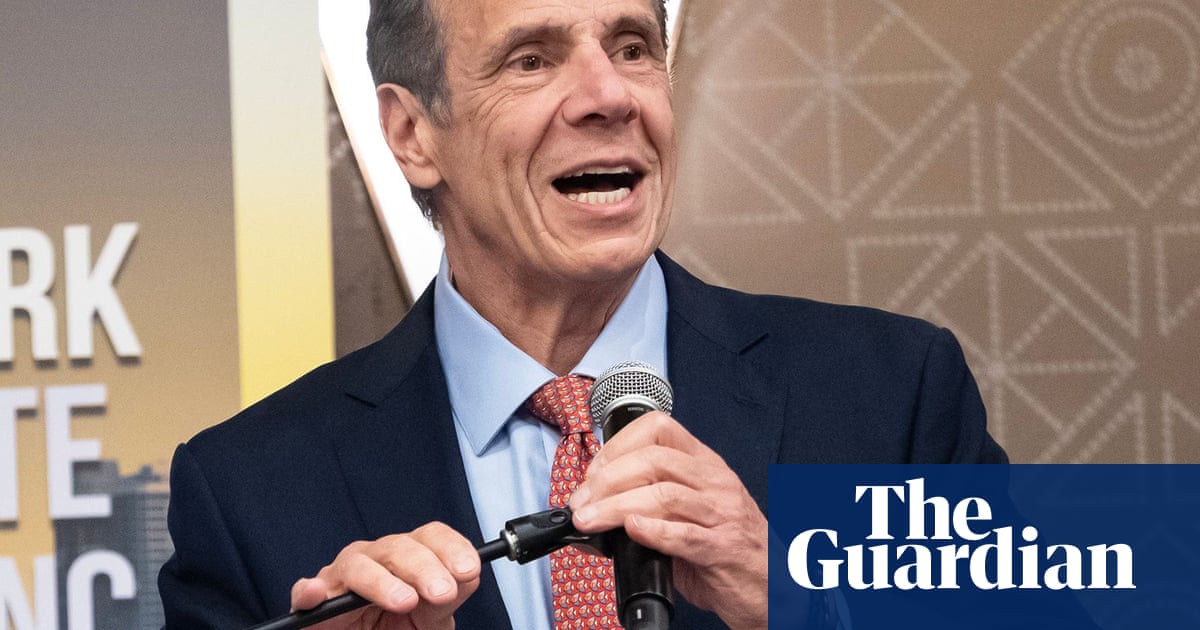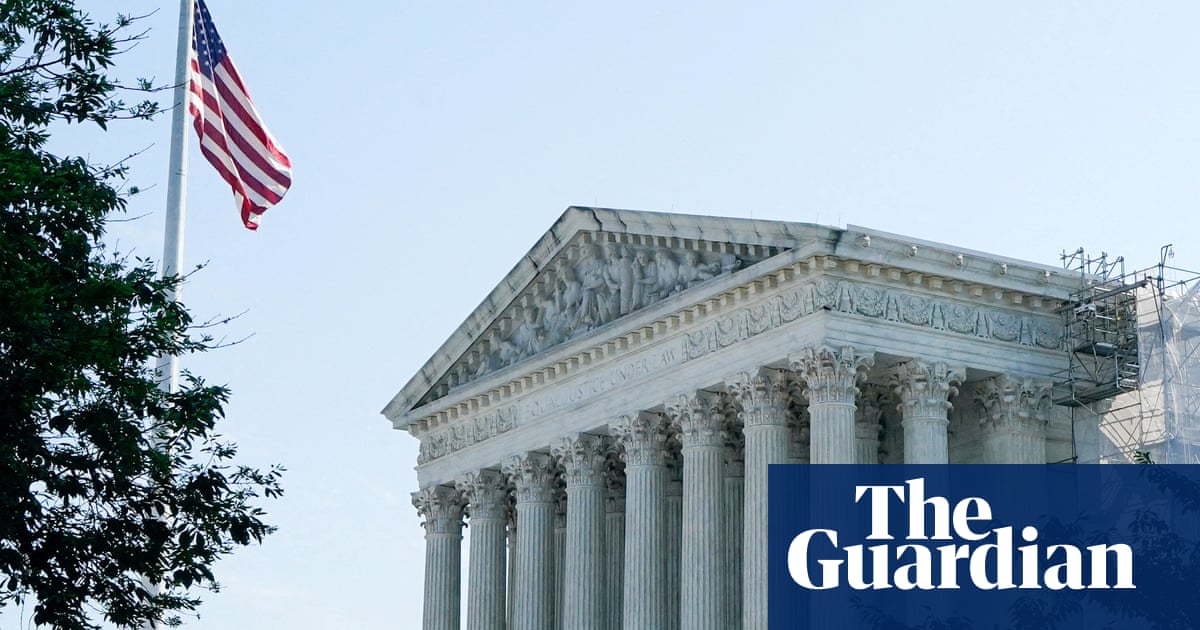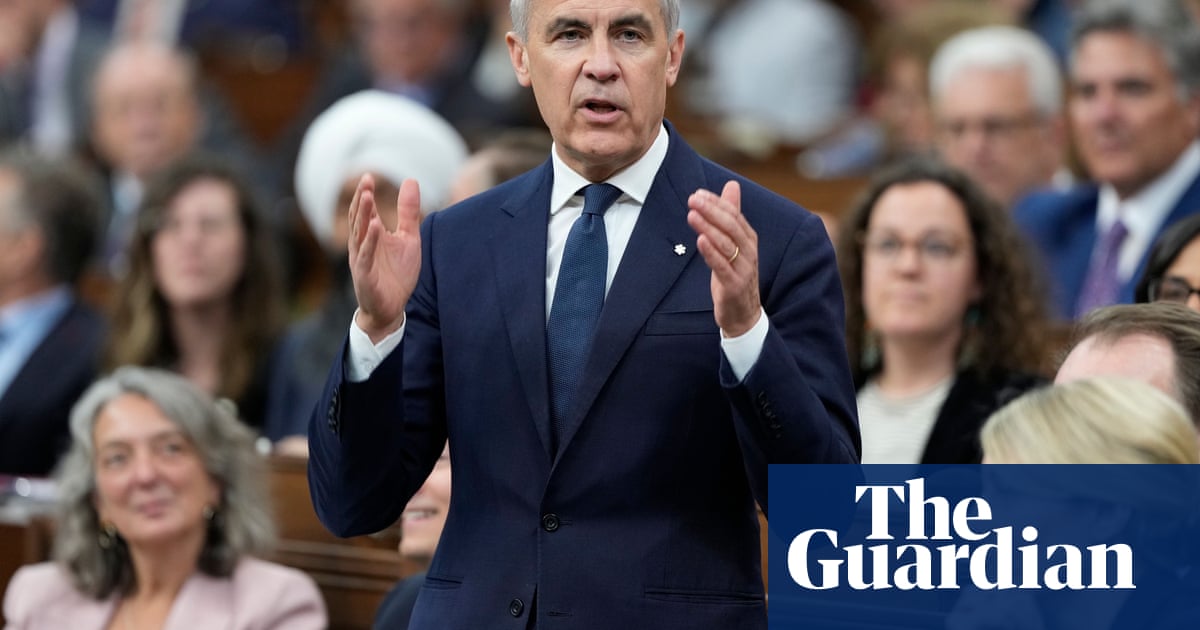The shock and awe continues and it only gets more shocking and more awful. These past few days, Americans have watched an unelected tech billionaire destroy large chunks of the federal government – Elon Musk bragged that he was feeding the life-saving USAid international development agency “into the wood chipper” – and yet that was not even the most outrageous event of the week.
That honour went instead to Donald Trump and his proposal to “just clean out” the Gaza Strip, by removing its people, bulldozing it and then redeveloping it as “the Riviera of the Middle East” under permanent US ownership. It was so staggering that it succeeded in dominating attention, at home and abroad, for several days rather than, as has become the norm in the less than three weeks since Trump returned to the White House, a meagre few hours before some new shocker took its place.
Initial reaction inside the US confirms how the US political classes, and what passes for the opposition, have been left numbed and punch drunk by the speed of events since 20 January and how far Trump has widened what was once quaintly referred to as the Overton window. He’s not just opened that window, but smashed the glass, knocked out the frame and taken out the wall that used to hold it. Now everything is thinkable and, therefore, permissible.
So domestic criticism of Trump’s Gaza plan focused largely on his suggestion that US troops be deployed on the ground in Gaza to enforce US ownership. Bad idea, said the Democrats and Republican senator Lindsey Graham: that would put Americans in harm’s way, recalling the 241 US marines who were sent to Beirut by Ronald Reagan, only to be killed in 1983 by a Hezbollah bomb.
Rahm Emanuel, who served as Barack Obama’s White House chief of staff, told me this week that to have the US seize Gaza would be to repeat both the Beirut calamity and the “hubris” of the 2003 invasion of Iraq, “the worst foreign policy mistake ever in United States history”. Indeed, it would be “Iraq and Lebanon on steroids”. Trump was meant to pull Americans out of Middle East wars, not plunge them into the oldest and bitterest of them all.
Others have faulted Trump for his timing. Just as negotiations were meant to begin on the second phase of the fragile ceasefire deal between Hamas and Israel, the US president has not so much destabilised the process as upended it. Israeli families waiting for loved ones held captive in Gaza for nearly 500 days now fear that Hamas has lost all incentive to continue releasing hostages or observing the ceasefire. Why would they stick with a deal brokered by a US whose ultimate plan is to empty Gaza of its population and turn it into a US-owned beach resort?
Plenty offer the now familiar advice that it’s unwise to take Trump too literally. This, they hope, is nothing more than a classic Trump negotiation tactic. You threaten the other party with a fate so awful they happily accede to the more modest request that was your true objective. So you threaten Canada with annexation as the 51st state, or 25% tariffs, and then get the trade or border concessions you actually want.
In this case, runs the logic, Trump announces a wholesale US takeover of Gaza and thereby pushes Saudi Arabia to do a deal with Israel on terms it would previously have rejected – stripped of a Palestinian state, say – just to avert that nightmare prospect, giving Trump the prize of a diplomatic breakthrough. Trump has form in this area. Recall how he put pressure on the UAE, Bahrain and others to agree the so-called Abraham accords with Israel in 2020 by threatening that the alternative would be US approval for Israeli annexation of the West Bank (a threat that, incidentally, Trump seems set to revive, hinting this week that he will announce his view of the West Bank’s future in the next month).
All these analyses and critiques have their merits, but they miss the big, ugly point. In rushing to assess the impact, they skip over the great wrong. This is not just another foreign policy proposal. This is a US president calling for his country to steal the land of another people 6,000 miles away by means of ethnic cleansing, and to do it for the sake of a lucrative real estate opportunity.
Such a move would leave international law in tatters, with only the law of the jungle in its place. That prospect delights Trump, which is why he announced sanctions on the international criminal court on Thursday. He relishes a world in which might is right, because the US has might.
But the Trump plan is not merely illegal. Trump has forever legitimised the messianic fever dreams of the Israeli ultranationalist far right, the likes of the thuggish Itamar Ben-Gvir and the fanatic Bezalel Smotrich, who oppose the ceasefire with Hamas because they want to rebuild Jewish settlements in Gaza to fulfil some warped notion of holy destiny. There is, moreover, an extra repugnance in seeing Trump and his acolytes eyeing up a piece of land that belongs to Palestinians, and that should be an integral part of a future independent state of Palestine, chiefly because it has investment potential.
Listen to David Friedman, Trump’s ambassador to Israel during his first term, who was asked who would live in Gaza after the envisaged 15-year rebuild is complete. It would be a “market-driven process,” he told the New York Times. “I know I’m sounding like a real estate guy,” he added, but just imagine the possibilities presented by “25 miles of sunset-facing beachfront”.
Trump said he had to empty Gaza of its people because the Strip had become uninhabitable. No one could possibly live there until it had been levelled and rebuilt. It was “hell,” “a demolition site”, every building flattened or at risk of collapse. Next to him sat a smirking Benjamin Netanyahu, the same Netanyahu who for 15 months insisted his bombardment of Gaza was targeted and discriminate.
Looking down on them both was the portrait, restored by Trump to the Oval Office, of one of his favourite predecessors, Andrew Jackson, the man who signed the Indian Removal Act of 1830, an act of ethnic cleansing that expelled tens of thousands of native Americans from their ancestral homelands and left thousands dead.
Trump says Palestinians in Gaza will be delighted by the prospect of being “relocated” to another country and perhaps some, driven to despair by Israeli airstrikes and nearly two decades of Hamas oppression, will grab the chance to get out. But many won’t. They have an attachment to the land that will not be bought off by the promise of a condo far away.
And you know who should understand that better than most? Jews. They too were offered various alternatives back in the day, from Uganda to Madagascar to Alaska to a corner of Russia, but none ever gained serious traction, because there was only one place Jews ever regarded as their ancestral homeland. It is the same, small piece of land the Palestinians see exactly the same way. That is the tragedy of both peoples.
Each may fantasise about the land empty of the other, so they can have all of it to themselves, from the river to the sea. But those are dangerous fantasies, and a US president has no business fuelling them. Instead, both peoples are fated to share that land, one way or the other. Even the most powerful man in the world cannot wish them away.
-
Jonathan Freedland is a Guardian columnist
-
Do you have an opinion on the issues raised in this article? If you would like to submit a response of up to 300 words by email to be considered for publication in our letters section, please click here.

 3 months ago
82
3 months ago
82

















































